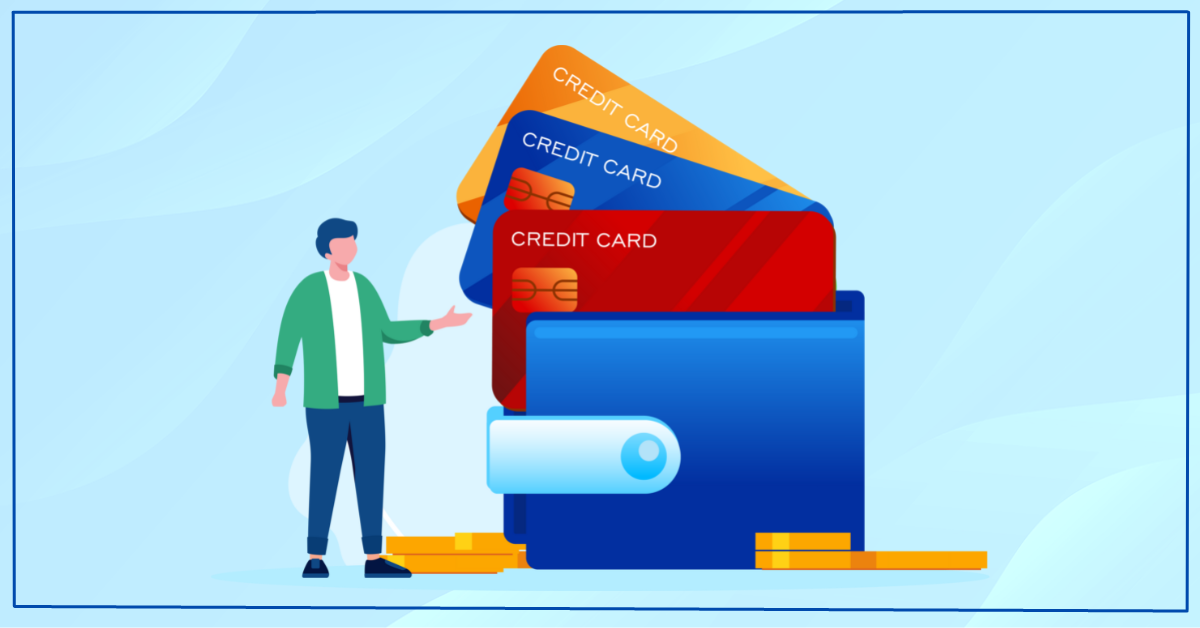Almost everyone starts their credit journey with an entry-level credit card that comes with very basic benefits. But as you build your credit history, you might want to get better credit cards with higher reward rates and more & more privileges. Some people believe in getting another credit card while keeping their previous card open while others believe in switching their credit card, i.e. getting a new card and closing the previous one. Or we can say you just keep your old credit card, but you don’t use that at all when you switch it with another card. Whatever you say, it is essential to understand what all things you need to keep in mind before switching and a credit card and how you can find the best one for yourself:

When Is It Right To Switch a Credit Card?
Many people apply for another credit card just after using a card for 1-2 months. But, it is not at all a good idea. You might have built a decent credit score in a few months, but your credit history still remains very short in such a little span of time. In order to get approved for a premium or mid-level credit card, you should first try to build a strong credit history. As the average age of your credit accounts also plays an important role in building your credit profile, make sure that you don’t close your credit accounts very often in order to get new credit cards. The best time to switch your credit card is when you have built a very good credit score, preferably above 800, and you feel that you can get better deals & offers with another credit card. Instead of just closing a credit account and opening the other one, you should try to request your card issuer to upgrade your credit card. If you are just looking for a better credit limit, you can ask your card issuer to provide you with a higher limit.
Points To Keep in Mind Before Switching Credit Cards
In order to make a wise decision, you need to keep a lot of things in your mind before you switch your credit card. Some of the important points are listed below:
- Choose Your Next Card Wisely: You might already know that choosing a credit card according to your spending habits is very important to get the maximum benefit out of it. So, don’t just go with any random card when it comes to switching your credit card, but choose a card keeping different factors in mind, such as the credit limit, rewards & benefits, annual fees, etc.
- Make Sure That you Get a Higher Limit: Before applying for a credit card, contact the respective issuer and ask them about the credit limit they can offer you with that particular card. Make sure that your credit limit doesn’t reduce when you get a new credit card, but it should only be higher than your previous credit limit. Otherwise, your credit utilization ratio may get affected, which further affects your credit score.
- Check If It Is Going To Impact Your Credit Score: When you apply for a new credit card, a hard inquiry gets imposed on your credit profile, which affects your credit score in a negative way. However, if your card issuer is offering a credit card to you from their end, it might not have a bad impact on your credit score. So, just try to get an upgraded credit card from your current issuer itself, so that it is shown in your profile like a credit card upgrade and no hard inquiry takes place.
Bottom Line
Switching a credit card may be a great idea, provided that you are doing it at the right time. Don’t just think of getting a better or a premium card after building a credit history for 2-3 months. You should first build a strong credit history by using secured or basic credit cards and then only go for credit card upgrades. It helps you understand credit usage as well as the benefits of credit cards when used responsibly So, just give yourself some time to understand how to get the maximum benefits out of credit cards and then go for better credit cards in the market. If you have any further doubts in your mind, you can freely ask us in the comment section below!









